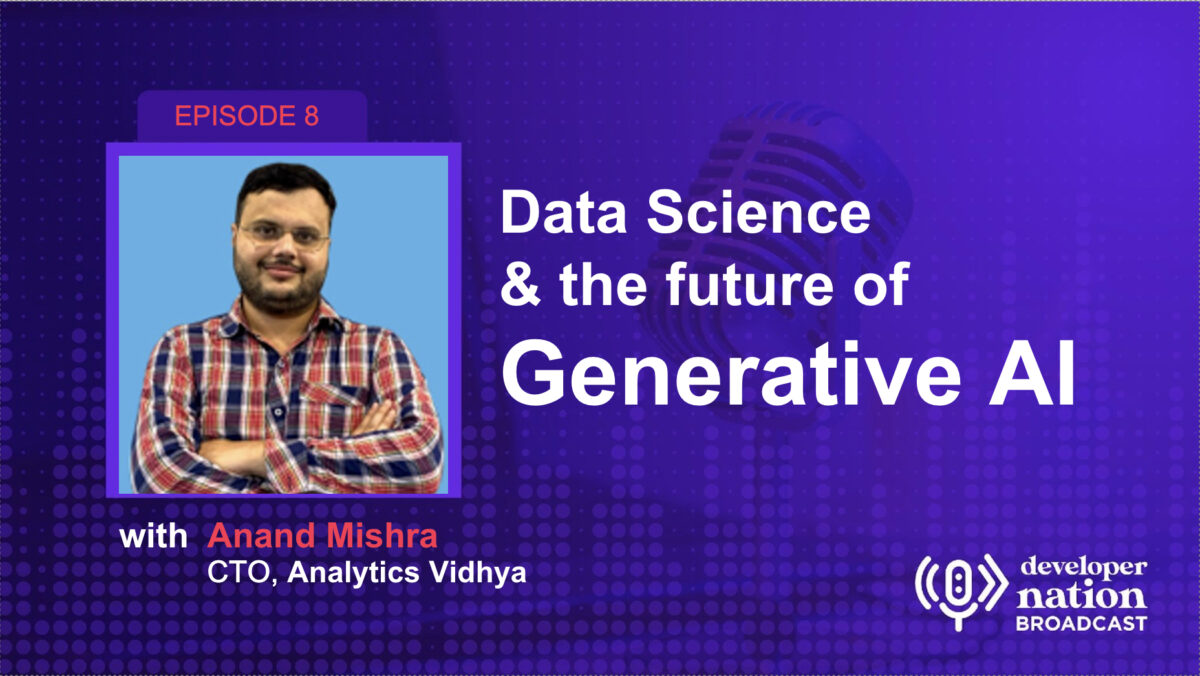Remember the days when software development was solely the domain of humans painstakingly writing lines of code? Those days are evolving rapidly. Generative AI, a branch of artificial intelligence capable of creating original content, is quickly becoming the co-pilot for software developers worldwide. This technology, leveraging advanced models like GPT-4, is not only automating mundane tasks but is also opening doors to unprecedented creativity and efficiency in the software development lifecycle.
The Rise of AI Coding Companions
Generative AI models, like OpenAI’s ChatGPT or GitHub’s Copilot, have emerged as powerful allies for developers. These models can:
- Generate Code: Need a function to sort a list? Just describe what you need, and the AI can generate the code for you.
- Complete Code: Start typing a line of code, and the AI can suggest how to finish it, saving you keystrokes and brainpower.
- Refactor Code: Want to clean up or optimize your code? The AI can suggest improvements.
- Explain Code: Encountered a complex piece of code? Ask the AI to break it down for you in simple terms.
- Detect Bugs: The AI can scan your code for potential bugs and suggest fixes, reducing the time spent on debugging.
NEW Developer Nation survey is live! Participate, shape the trends in software development, and win big. Start here!
Boosting Productivity and Creativity
The benefits of these AI coding companions are clear:
- Increased Efficiency: Developers can accomplish tasks much faster, from writing boilerplate code to debugging complex issues.
- Enhanced Creativity: The AI can offer alternative solutions or suggest innovative approaches, sparking new ideas.
- Reduced Tedium: Developers can focus on higher-level problem-solving instead of getting bogged down in repetitive tasks.
- Accelerated Learning: Newcomers can learn faster by getting instant feedback and explanations from the AI.
Real-World Applications
Generative AI isn’t just a theoretical concept; it’s already being used in the real world:
- GitHub Copilot: This popular tool integrates with various code editors, providing code suggestions and completions in real time.
- Tabnine: Another AI-powered code completion tool that supports multiple languages and frameworks.
- Replit Ghostwriter: This tool offers AI-powered code generation, completion, and transformation features.
- Deep TabNine: A deep learning-based code completion tool that can be integrated with various IDEs and text editors.
Challenges and Considerations
While the potential of generative AI is exciting, there are also challenges to address:
- Accuracy: AI-generated code might not always be perfect and may require human review and correction. While these tools can significantly speed up the coding process, developers should still verify the AI’s suggestions to ensure they meet required standards and project specifications.
- Bias: AI models can inherit biases from their training data, leading to potentially biased or unfair code suggestions. This requires developers to remain vigilant and critically assess any suggestions made, ensuring equitable and inclusive coding practices.
- Security: The security of code generated by AI needs careful consideration to prevent vulnerabilities. Developers must be aware of potential security gaps and rigorously test AI-generated code to protect against cyber threats and maintain the integrity of their applications.
- Ethics: As with any technology, the ethical implications of AI in coding should be carefully evaluated and addressed. This entails considering the broader impact of AI-generated solutions and ensuring that their use aligns with ethical standards and promotes positive societal outcomes.
The Future of AI-Assisted Development
The future of AI software development services is undoubtedly intertwined with generative AI. As these models continue to improve, we can expect even more sophisticated tools that will:
- Understand Natural Language Better: Allowing developers to communicate with AI in a more intuitive way. As natural language processing capabilities advance, developers will be able to describe the functionality they need in plain English, and the AI will generate the corresponding code, reducing the need for detailed programming knowledge.
- Generate More Complex Code: Tackling larger, more complex programming tasks. Future AI models will be capable of handling intricate logic, cross-functional dependencies, and larger codebases, thus enabling the automation of more sophisticated software projects.
- Integrate with More Development Tools: Becoming a seamless part of the developer’s workflow. As generative AI tools continue to evolve, their integration with a wider range of development environments, version control systems, and project management tools will ensure a smoother and more cohesive development experience.
The Developer Nation Survey, a comprehensive look at developer trends, already highlights a growing interest in AI tools for coding. This indicates a shift in how developers perceive and use AI, moving from skepticism to embracing its potential.
Conclusion
Generative AI is a game-changer for software development, offering a glimpse into a future where humans and AI collaborate to create more efficient, innovative, and secure software. While challenges remain, the potential benefits are too significant to ignore. As we move forward, developers who embrace these AI-powered tools will be well-positioned to thrive in the ever-evolving landscape of software development.
NEW Developer Nation survey is live! Participate, shape the trends in software development, and win big. Start here!










